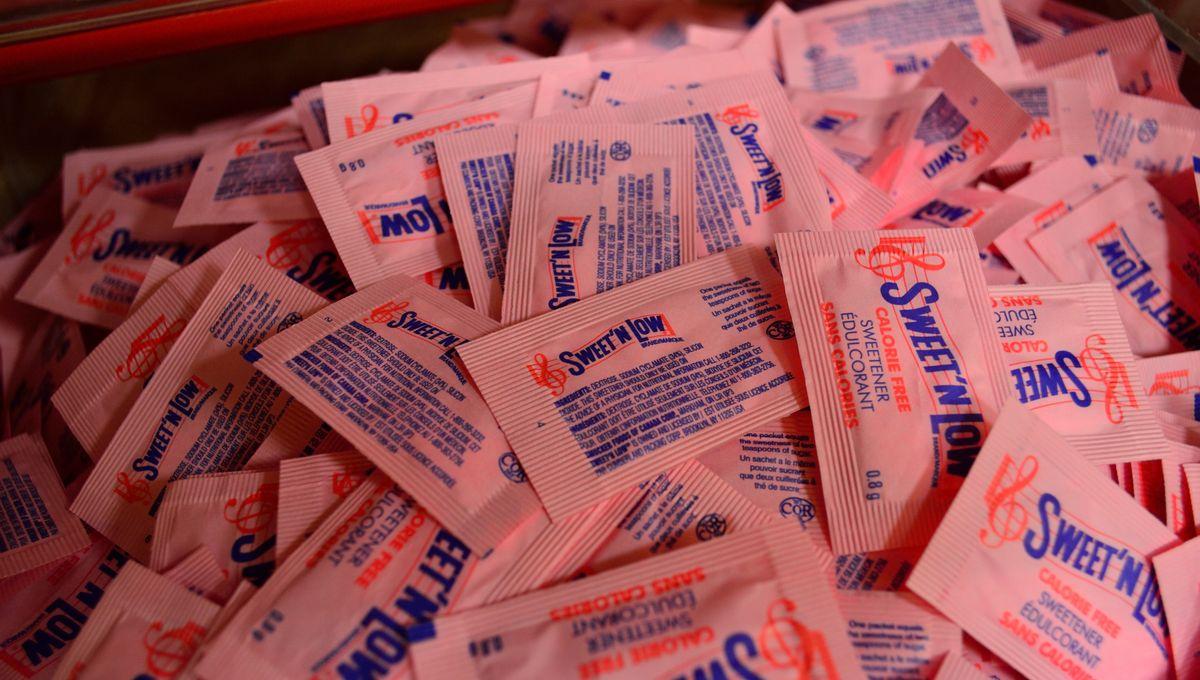Artificial sweeteners may be linked to faster cognitive decline as we age, a new study of almost 13,000 people has found. The researchers looked at seven of the most common sweeteners and tracked participants for eight years, finding that those who consumed the most had the highest rates of cognitive deterioration.
The rest of this article is behind a paywall. Please sign in or subscribe to access the full content. Sweeteners have been around for decades and are widely used in food and beverages as sugar substitutes. But like many food additives, they divide opinion. Previous studies have linked sweeteners like aspartame with an increased risk of cancer, and have suggested that these sugar alternatives may be as harmful to blood glucose control as sugar itself. In recent years, this controversy has been stoked by the burgeoning movement against ultra-processed foods (UPFs), as sweeteners are often included in prepackaged low calorie snack foods, diet sodas, and similar products. But as well as a body of research suggesting that sweeteners could cause harm, there are also studies that find they have a neutral or even beneficial effect on health. Regulatory authorities like the US Food and Drug Administration (FDA) continue to support the use of these additives in food at currently permitted levels. On the topic of aspartame in particular, the FDA calls it “one of the most studied food additives in the human food supply,” and said its scientists have no safety concerns with its use according to their guidelines. It all adds up to a confusing picture for consumers, who may be seeking low-sugar food alternatives for health reasons, only to be hit with a barrage of information – and not always a lot of nuance – about how sweeteners are “dangerous”. Into these muddy waters comes a new study from researchers in Brazil. The team focused on seven of the most common sweeteners: These are often found in UPFs – think sugar-free gum and candy, energy drinks, low-calorie yogurts, and flavored water – but some are also available to purchase as standalone sugar substitutes for use in baking or to add to your coffee. They recruited 12,772 adults from across Brazil for the study, which continued for eight years. The average age of the participants at the start of the study was 52. At the start of the study, the participants completed questionnaires that revealed that sorbitol was the most consumed of the seven sweeteners, with an average of 64 milligrams per day. The group that consumed the most sweeteners overall were taking in an average of 191 milligrams per day, roughly equivalent to one can of diet soda. The participants took tests of cognitive function at the beginning, middle, and end of the study to assess their working memory, word recall, verbal fluency, and processing speed. At the end of the eight years, and after adjusting for other factors that could affect cognition, the results showed that those who consumed the most sweeteners experienced a 62 percent faster decline than those who consumed the least. They say this is equivalent to about 1.6 years of extra aging. Breaking things down further, the link between excess sweetener consumption and faster cognitive decline was only found in participants under the age of 60 and was more pronounced in those with diabetes. One of the sweeteners, tagatose, was not linked to cognitive decline at all. “Low- and no-calorie sweeteners are often seen as a healthy alternative to sugar, however our findings suggest certain sweeteners may have negative effects on brain health over time,” said author Dr Claudia Kimie Suemoto in a statement. “While we found links to cognitive decline for middle-aged people both with and without diabetes, people with diabetes are more likely to use artificial sweeteners as sugar substitutes. More research is needed to confirm our findings and to investigate if other refined sugar alternatives, such as applesauce, honey, maple syrup, or coconut sugar, may be effective alternatives.” When interpreting the results of this study, there are some important limitations we have to consider. Firstly, like much of the research in this field, the team had to rely on self-reported diet information from the participants. This is prone to inaccuracies as it’s hard for people to remember precisely what they eat and in what quantities. Secondly, not every artificial sweetener was included, so there could be other ingredients driving some of the observed effects that are not being accounted for. Finally, and most importantly, a study with this design cannot prove causation. It can tell us that people who experienced faster rates of cognitive decline within this population tended to consume higher quantities of some of these artificial sweeteners, but it cannot prove that it was the sweeteners that caused the cognitive decline. Ultimately, the study is a useful platform for further research and helps add more to the scientific knowledge base. But if you’re grabbing a can of diet soda today, you don’t need to worry that that single action will add months to your brain age. Food and nutrition science is riddled with complexities; what works for one person’s lifestyle and tastes will not work for someone else. There would need to be much more hard evidence of a causative effect before we decide to throw out any artificial sweetener for good. The study is published in the journal Neurology.The controversial world of sweeteners
Sweeteners and brain aging
What we can learn from this study





